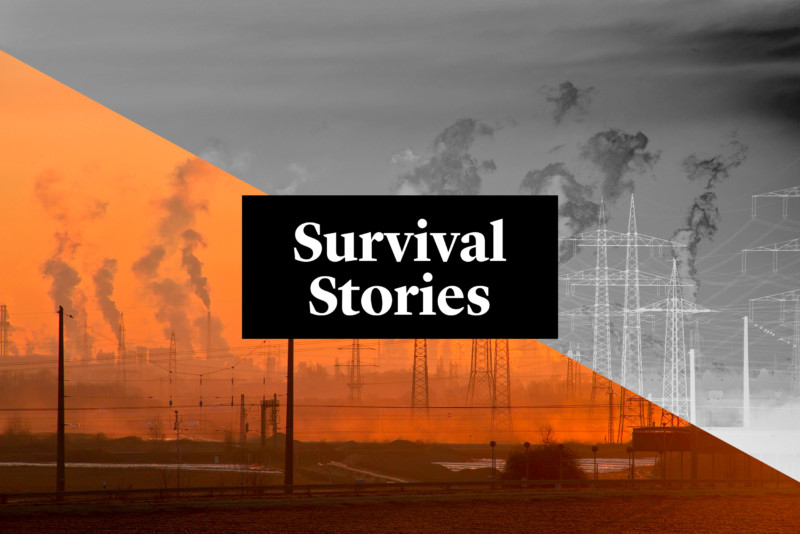 CJR recently invited contributions from journalists around the country whose coverage of climate change is rooted in state and local concerns. We asked each journalist to revisit their work and to detail those lessons they learned while reporting.
CJR recently invited contributions from journalists around the country whose coverage of climate change is rooted in state and local concerns. We asked each journalist to revisit their work and to detail those lessons they learned while reporting.
During the next several weeks, CJR will publish their dispatches, with the hope that other reporters might find new ways to apply the lessons they include.

Introduction
Lessons from covering climate change in America
by Brendan Fitzgerald — October 16, 2017
Journalists attempt to explain, if not to convince. But climate change too often confounds our attempts. Scientific language is too specialized. We shy away from complicated topics; last year, evening newscasts from four major broadcasters spent less than an hour discussing climate change. When wildfires rage and hurricanes churn, we struggle to link them to our behaviors and our policies. The impacts of climate change look different in Wyoming coal country than they do on the Gulf Coast. | Read now
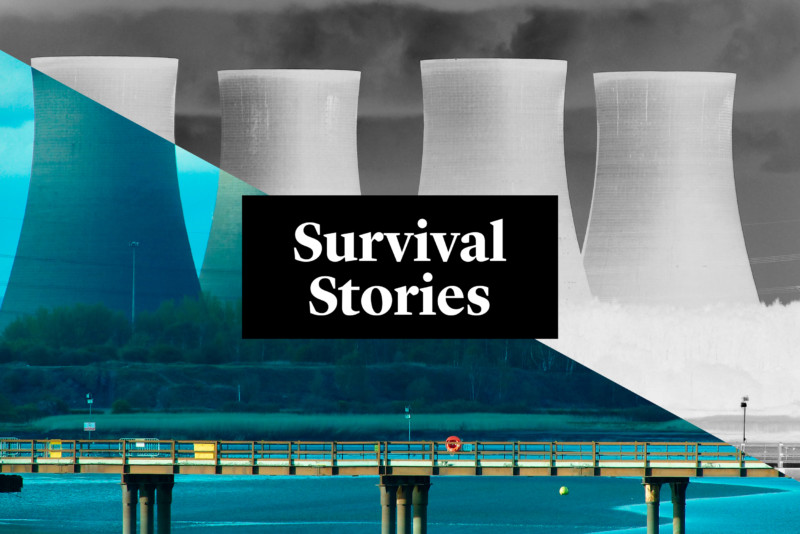 Wisconsin
Wisconsin
Going full Doomsday: Reporters must convey the perils of climate change without paralyzing their audience
by Cassandra Willyard — October 16, 2017
Climate change doesn’t fit into traditional news formats. In Wisconsin, we don’t have hurricanes or rising seas. The Republican-controlled legislature isn’t proposing new climate bills. We experience some impacts of global warming, but they aren’t necessarily the most obvious or catastrophic. For example, heavy rainstorms have become more common. And the ice on the Great Lakes doesn’t last as long. Over the past century, the state has warmed by about two degrees. But turning that information into news can be challenging. “There is nothing sexy about a degree of centigrade,” says Jane Elder, executive director of the Wisconsin Academy of Sciences, Arts & Letters, a nonprofit that runs an initiative on climate change. | Read now
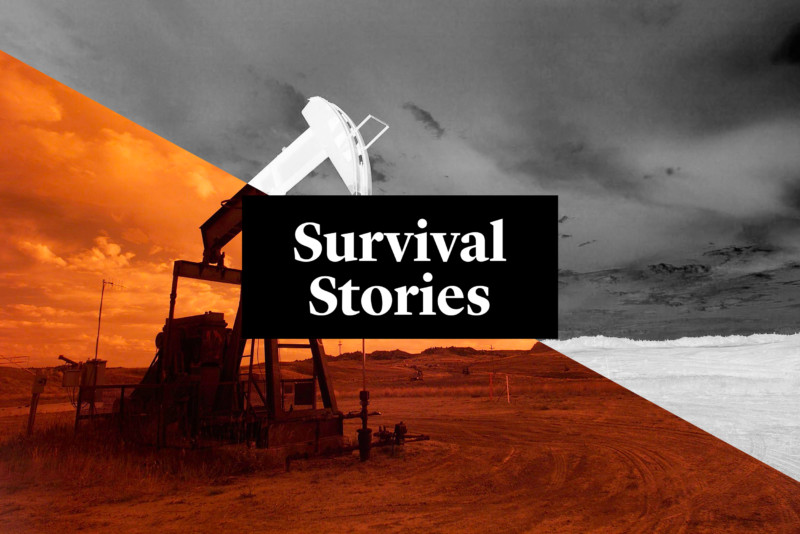 Wyoming
Wyoming
For local reporters, climate change means covering an ‘existential threat’
by Abe Streep — October 19, 2017
In June 2015, I traveled to Gillette, Wyoming—a gleaming town off Interstate 90 in northeast Wyoming, and the heart of America’s coal country. I was living and teaching in Laramie, the university town in the southeast part of the state. At the time, the school and state faced large budget cuts on account of the energy industry’s downturn, and it was little secret that the Obama administration planned to release its Clean Power Plan to further reduce carbon emissions. | Read now
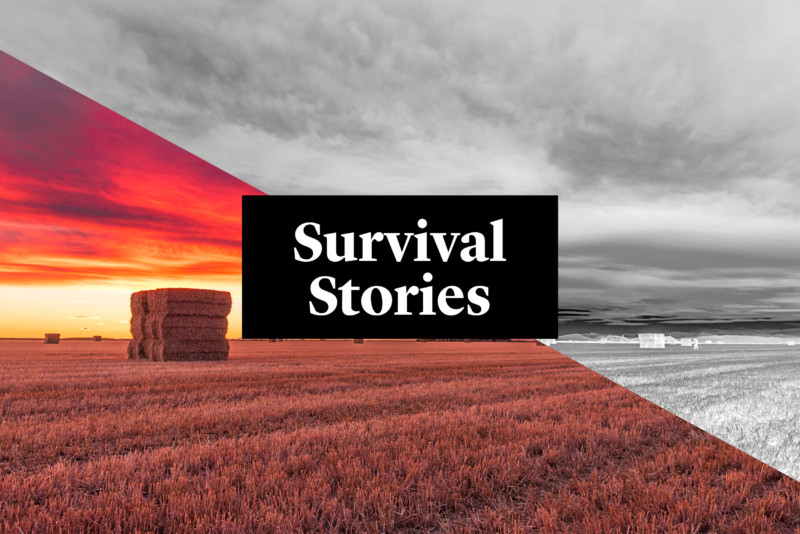 Kansas
Kansas
The agriculture beat is a crucial lens on a changing climate
by Chris Clayton — October 24, 2017
For DC ag-policy wonks, climate change is the fire everyone dances around without really acknowledging its heat. People go to excruciating means to avoid using terms such as “climate change” or “carbon emissions,” and that avoidance can harm agriculture. Leaders of the agriculture committees in Congress don’t hold hearings with climate scientists about potential dangers to farmers, rural America, or the nation’s food supply. Some well-meaning farm groups talk about “soil health” as a way to help farmers deal with “extreme weather.” Out of regulatory fear, farm lobbies maintain that climate science isn’t settled. Some also repeat the usual mantra that “climate change has always occurred”—a kernel of truth that neglects the reality that Earth has never before been inhabited by 7.5 billion people. | Read now
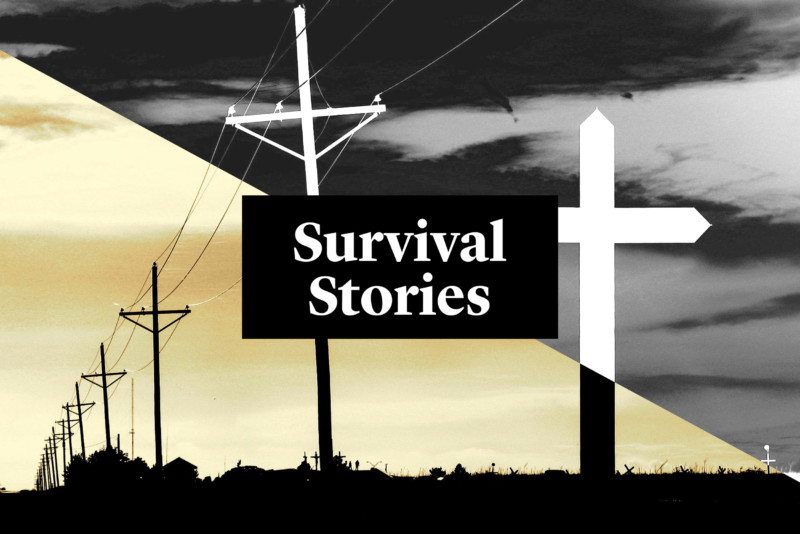 Texas
Texas
Lessons in communicating climate change, from a scientist and Evangelical Christian
by Sonia Smith — October 27, 2017
Katharine Hayhoe hails from Toronto. Growing up in Canada, she never doubted the reality of climate change. When she entered graduate school to study atmospheric science, she could never have guessed that she would eventually land in Texas—where, by this count, just over half the population accepts that humans are causing global warming. (Nationally, that number stands at 68 percent, according to a March 2017 Gallup poll, up from 49 percent in 2011.) Nor could she have known just how much of her time she would spend talking with climate change skeptics. | Read now
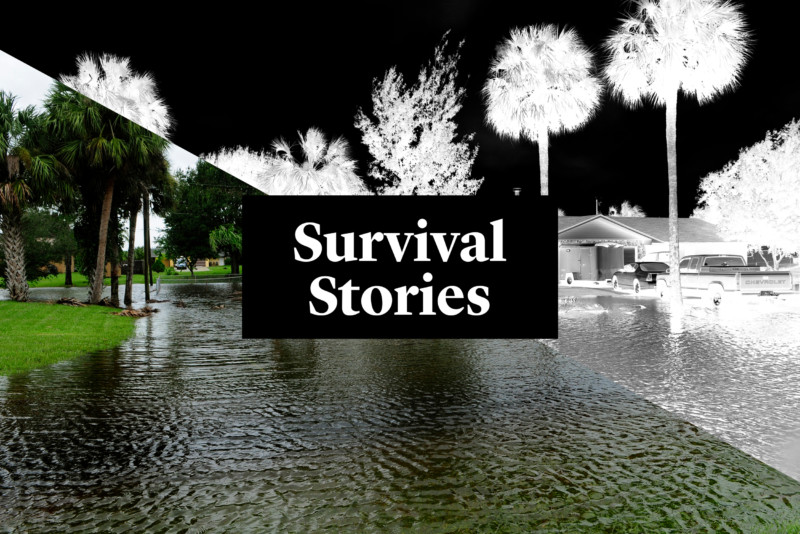 Florida
Florida
What Miami taught me about climate gentrification
by Jessica Moulite — November 2, 2017
In the summer of 2015, I attended a happy-hour event in Little Haiti—a low-income community in Miami, Florida, established as a safe haven for Haitian asylum seekers in the 1980s. I had just returned from graduate school, and I struggled to wrap my head around the fact that well-to-do hipsters were just blocks from some of my Haitian family. Years ago, many of those same hipsters would have thought twice about going out in Little Haiti. Considering a Zillow study that projected Little Haiti to be South Florida’s “hottest neighborhood in 2017,” perhaps I should have expected as much. | Read now
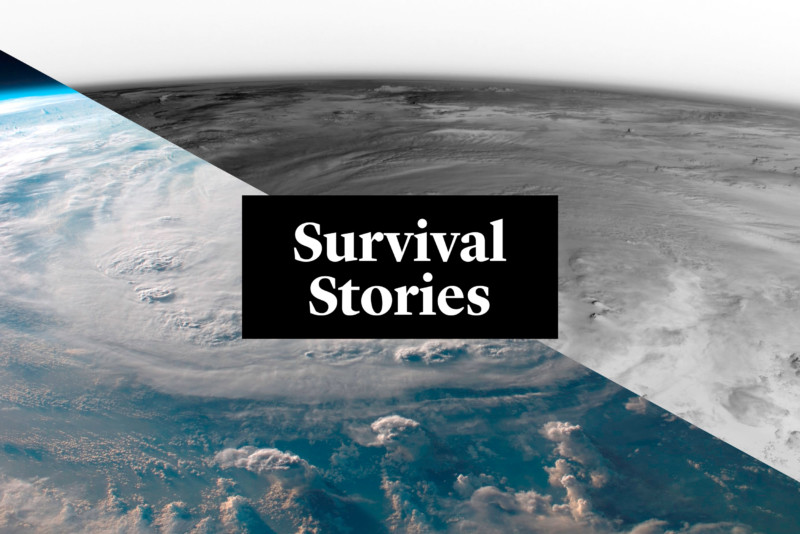 North Carolina
North Carolina
How a North Carolina meteorologist abandoned his climate change skepticism
by Greg Fishel — November 13, 2017
I became a broadcast meteorologist for WRAL-TV in Raleigh, North Carolina, in 1981, and have worked there ever since. At that time, the topic of global warming had begun to receive some minor attention, even though the science behind it went back to the 1800s. I was also undergoing a political transformation at the time, from Democrat to Republican—which, I believe, played an unfortunate role in my thought processes for years to come. | Read now


